Why Public Theology?
Christianity is not a private religion.
Our Lord’s Virgin Birth was heralded on earth by heavenly beings. Christ was baptized out in the open. He testified in broad daylight that He was the Son of God. He was crucified before the eyes of a watching world. He rose from the dead and ascended into heaven in the presence of many witnesses. Upon His ascension to the right hand of the Father, Christ’s followers have carried on His public witness by His Spirit down to this day. The apostle Paul, for example, testified before one Roman official, saying,
“To this day I have had the help that comes from God, and so I stand here testifying both to small and great, saying nothing but what the prophets and Moses said would come to pass: that the Christ must suffer and that, by being the first to rise from the dead, he would proclaim light both to our people and to the Gentiles.”
And as he was saying these things in his defense, Festus said with a loud voice, “Paul, you are out of your mind; your great learning is driving you out of your mind.” But Paul said, “I am not out of my mind, most excellent Festus, but I am speaking true and rational words. For the king knows about these things, and to him I speak boldly. For I am persuaded that none of these things has escaped his notice, for this has not been done in a corner.” (Acts 26:22-26)
The Christian ministry was never meant to be carried out in a corner. But the modern world has sought to put it there. Not very long ago, it became common to speak of the freedom of worship rather than the full exercise of religion. Christians may do whatever they would like within the four walls of their church or home, the thought goes, but they may not bring their faith out into the public square.
There has been a great attempt to cut off various areas of life from the authority and sufficiency of God’s Word. Perhaps there is a sacred place for Christ and His Word, but civil and cultural life must be thoroughly secular. The modern world advocates a pragmatic approach to life, with no sense of or apparent need for transcendent truth. Christians have been far too accommodating. As David Wells has said, “Evangelicals believe in the innocence of modern culture and for that reason exploit it and are exploited by it.”
Pastors and ministerial training have been guilty of exploiting modern culture and being exploited by it. Wells continues,
Pastors once believed that they were called to think about life, to think in ways that were centered in and disciplined by the truth of God’s Word, although, as Tocqueville observed, there has always been a tendency latent in the American soul to think of religion in terms of its utility rather than its truth. Modernity has now exaggerated this tendency to the extent that the older ways of understanding the pastor’s responsibilities are disappearing, along with the older ideas about training pastors for their work. As the technological world has encroached upon the pastorate, management by technique has come to replace management by truth… And so the professionalized pastor has often reduced the uncontrollable world of God’s truth by procedure… Rough truth gives way to smooth practice, the transcendent gives way to the procedural, the jerks and moments of discovery when God’s world illumines our own give way to moments in which our world brings his into tame submission.
The result of all of this is a pragmatism that denies the first verse in the Bible, “In the beginning, God created the heavens and the earth” (Genesis 1:1).
The Institute of Public Theology exists to help equip pastors and Christian leaders to wield the sword of the Spirit effectively in the world which God has created. As Abraham Kuyper has said, “There is not a square inch in the whole domain of our human existence over which Christ, who is Sovereign over all, does not cry, Mine!” The inerrant Word sits encased in glass on the mantel, well-lit and plenty sharp. But God’s people must not only admire that sword, they must lay hold of it and employ it in the battle as God commands. Doing so is costly. Doing so hurts. Doing so is dangerous. And courage is required.
The sons of Issachar lived in tumultuous times. They knew two things. They understood the times and they knew what Israel ought to do (1 Chronicles 12:32). The Institute of Public Theology aims to train a coming generation of pastors and Christians to know the times, preach the Word, believe the Word, and do the Word.
Frequently Asked Questions
From its inception in 1983, Founders has been committed to the recovery of the gospel and the reformation of local churches. Today, the great challenge facing gospel ministers and the churches they serve is carrying out the great commission and the great commandment in the face of increasingly hostile worldviews without being intimidated, indoctrinated, or inhibited. The Institute of Public Theology aims to train a coming generation of pastors and Christians to know the times, preach the Word, believe the Word, and do the Word. Click here to stay up-to-date.
It is similar in some ways but has been designed without many of the limitations that tend to govern the modern seminary approach to theological education. We are committed to academic excellence, theological integrity, and to teaching the core curriculum that is common to the best seminaries. We will not, however, teach classes that are not germane to rigorous, Christian living and ministry. Nor have we built the scope and sequence of our classes to satisfy any secular accrediting agency. Our goal is excellent, God-honoring instruction by godly, qualified men who have blood mixed with their convictions. That is, their lives and ministries demonstrate that they have more than a theoretical commitment to the truth that they teach. They are unapologetically committed to a biblical worldview and will teach their subject in a way that encourages faithful Christian living and ministry in a pagan society. Click here to stay up-to-date.
We offer all of our classes at $300 per credit hour. This rate compares favorably with many theological training institutions, and we strongly encourage IOPT students to request tuition support from their churches.
Starting in 2023, IOPT offers the following degree opportunities:
- Graduate Certificate in Public Theology
- Graduate Certificate in Biblical Exposition
- Bachelor of Arts in Public Theology
- Master of Divinity
- Master of Arts in Public Theology
We will offer courses in biblical languages, systematic theology, ethics, philosophy, historical theology, exegesis, cultural apologetics, logic/rhetoric, political theology, and pastoral ministry. Click here to stay up-to-date.
From the earliest years of the Founders Online Training Center (which began offering courses more than twenty years ago) various seminaries have granted credit to students who have taken courses with us. These seminaries have sought us out based on the quality of instruction received by our students. We will provide proper documentation for courses completed to any student who seeks to transfer them to another institution. Click here to stay up-to-date.
Courses will be taught both in person and via electronic transmission. Students who enroll to complete the full coursework will be expected to attend two in-person, week-long courses per year in Cape Coral, Florida. Click here to stay up-to-date.
No. The curriculum is designed for pastors and pastoral candidates, but classes will be available for other serious-minded Christians who are accepted into the Institute. Click here to stay up-to-date.
Applications for those who desire to audit a class are accepted. The process includes an abbreviated application, short questionnaire, and simplified pastoral recommendation. Click here to apply to audit a class.
The application fee for auditing courses is $50, and the tuition is $400 per course.
Yes. We require a 79 on the TOEFL (Test of English as a Foreign Language) for international students who (1) are not native speakers of English, and (2) did not earn a bachelor’s or higher-level degree from a U.S. institution.
Please note that IOPT does not yet offer full-time resident student programs, therefore we cannot help a prospective student apply for an F-1 student visa.


